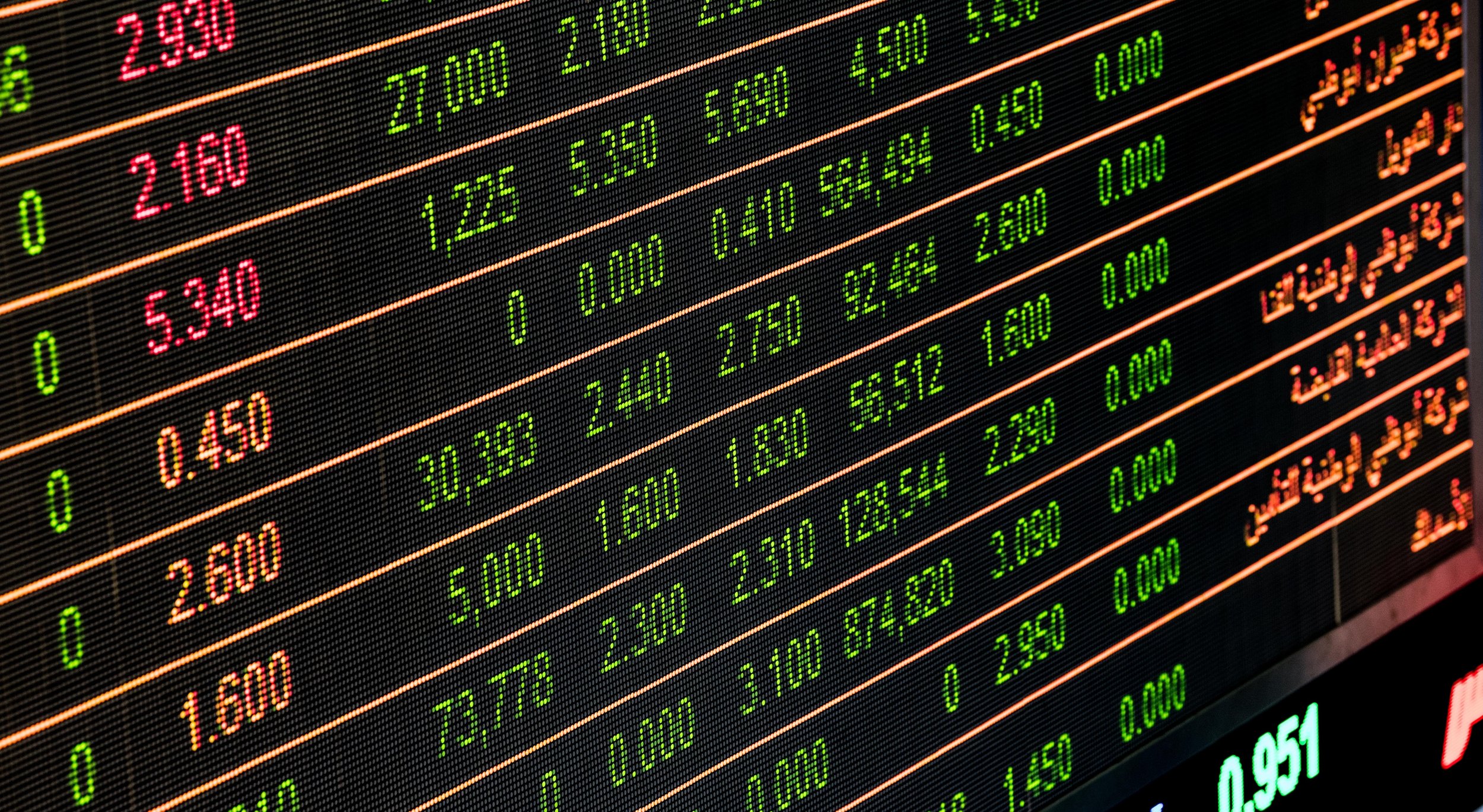Stock traders may have profited massively off the Hamas terror group’s Oct. 7 massacre across southern Israel by using advance knowledge of the onslaught to short sell Israeli companies in the days leading up to the surprise invasion, according to a new study by US researchers.
The study — titled “Trading on Terror?” — was published in the SSRN journal by Robert J. Jackson, Jr. of the New York University School of Law and Joshua Mitts of Columbia Law School. The researchers concluded that traders who apparently had prior knowledge of the Oct. 7 terrorist attacks made billions of dollars.
“Informed traders increasingly disguise trades in economically linked securities such as exchange-traded funds (ETFs). Linking that work to longstanding literature on financial markets’ reactions to military conflict, we document a significant spike in short selling in the principal Israeli-company ETF days before the Oct. 7 Hamas attack,” the study stated. “Our findings suggest that traders informed about the coming attacks profited from these tragic events, and consistent with prior literature we show that trading of this kind occurs in gaps in US and international enforcement of legal prohibitions on informed trading.”
The researchers noted that short selling on Oct. 7 “far exceeded” the short selling that occurred during other recent periods of crisis, such as the Great Recession of 2007-2009, the 2014 Gaza war, and the COVID-19 pandemic. The study added that there was no major rise in short selling before the Israeli government passed controversial judicial reform legislation in July, after which stock prices dropped.
However, “we identify increases in short selling before the [Oct. 7] attack in dozens of Israeli companies traded in Tel Aviv,” the paper said. “For one Israeli company alone, 4.43 million new shares sold short over the Sept. 14 to Oct. 5 period yielded profits (or avoided losses) of 3.2 billion NIS on that additional short selling.”
Short selling is when a trader borrows shares and sells them, hoping the price will then fall so they can buy them back for cheaper.
“Although we see no aggregate increase in shorting of Israeli companies on US exchanges, we do identify a sharp and unusual increase, just before the attacks, in trading in risky short-dated options on these companies expiring just after the attacks,” the study found. “We identify similar patterns in the Israeli ETF at times when it was reported that Hamas was planning to execute a similar attack as in October.”
One of the biggest days of short selling occurred on Oct. 2. Given how “unusual” their findings were, the researchers wrote it was “extremely unlikely that the volume of short selling on Oct. 2 occurred by random chance.”
On Oct. 7, Palestinian terrorists led by Hamas invaded southern Israel from neighboring Gaza and murdered over 1,200 people, mostly civilians, in the deadliest single-day rampage against Jews since the Holocaust. The terrorists also kidnapped over 240 people as hostages in their brutal onslaught, which launched the current Israel-Hamas war in Gaza.
The massacre was a shock to Israel and the entire world, raising questions about who would have had advance knowledge of it. Hamas’ top leaders are reportedly billionaires with vast financial assets, although the study did not suggest whether they or anyone else specifically could have tried to profit off the brutal assault in the stock market.
Nonetheless, the researchers concluded the stock market activity leading up to Oct. 7 was likely not a coincidence.
“Taken together, this evidence indicates that the volume of short selling observed over the days immediately prior to the Hamas attack was extraordinarily high and unlikely to have been explained by bona fide market making, because that should have been accompanied by high volumes of purchases to offset those short sales — if not on the same day, certainly very quickly,” the study found. “Otherwise, the market maker would be exposed to directional movements in the stock price.”
According to one of the study’s authors, lawmakers should take lessons from this experience to prevent certain traders from profiting from terrorism and other atrocities.
“I hope these findings will lead lawmakers to think more seriously about the risk of informed trading on armed conflict — not just in Israel, but around the world,” Jackson told The Algemeiner. “It’s deeply troubling that, instead of protecting victims from terror, some seem to be profiting on it.”

